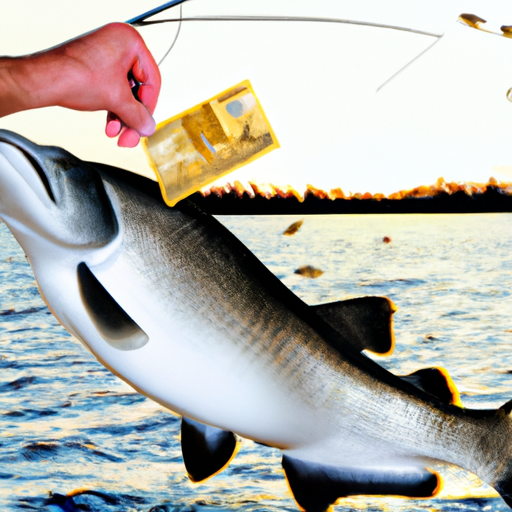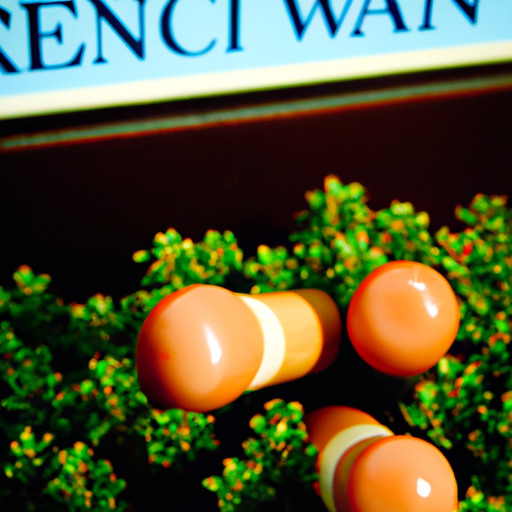In a move that is sure to benefit all Floridians, researchers at the University of Florida have offered a generous $50 “bounty” to anyone who catches a cobia fish. The announcement comes as the state and its residents grapple with the ongoing cobia crisis, which has left countless Floridians struggling to cope with the overwhelming abundance of these pesky creatures.
According to the Florida Fish and Wildlife Conservation Commission, cobia have become a major problem in the state’s waters in recent years. These fish are known for their voracious appetite and their ability to reproduce quickly, which has led to a significant increase in the cobia population in many parts of Florida.
To combat this issue, the University of Florida has launched a new initiative that aims to encourage more people to catch and remove cobia from the state’s waters. Under the program, anyone who catches a cobia can receive a $50 cash reward from the university.
“We are thrilled to be able to offer this incentive to our fellow Floridians,” said Dr. Sarah Johnson, a marine biologist at the University of Florida. “We believe that by providing this bounty, we can encourage more people to get out on the water and do their part to help control the cobia population.”
Cobia are not typically a target fish for recreational anglers, but the University of Florida is hoping to change that. The school has even launched a marketing campaign to help promote the cobia bounty, with slogans like “Catch a Cobia, Save a State” and “Make Florida Cobia-Free!”
Reaction to the program has been mixed, with some residents expressing excitement about the prospect of earning some extra cash while enjoying a day on the water, while others have criticized the bounty as a wasteful use of taxpayer dollars.
“I’m all for catching more cobia, but I don’t see why the university needs to be offering a bounty for it,” said local angler Mark Johnson. “If people want to catch them, they’ll catch them. We don’t need to be paying them to do it.”
Despite the criticism, the University of Florida remains committed to its cobia bounty program. The school has even partnered with several local restaurants to offer cobia-based dishes at a discounted rate, in an effort to further incentivize people to catch and remove these pesky fish from the state’s waters.
“We know that cobia aren’t exactly the most popular fish out there, but we believe that they are an important part of our ecosystem and need to be managed properly,” said Dr. Johnson. “We’re confident that our bounty program can help to do just that.”
So if you’re looking to earn a few extra bucks and do your part to help make Florida cobia-free, now is the perfect time to grab your fishing gear and hit the water. With the University of Florida’s new bounty program, there’s never been a better time to catch a cobia. So what are you waiting for? Let’s get fishing!

